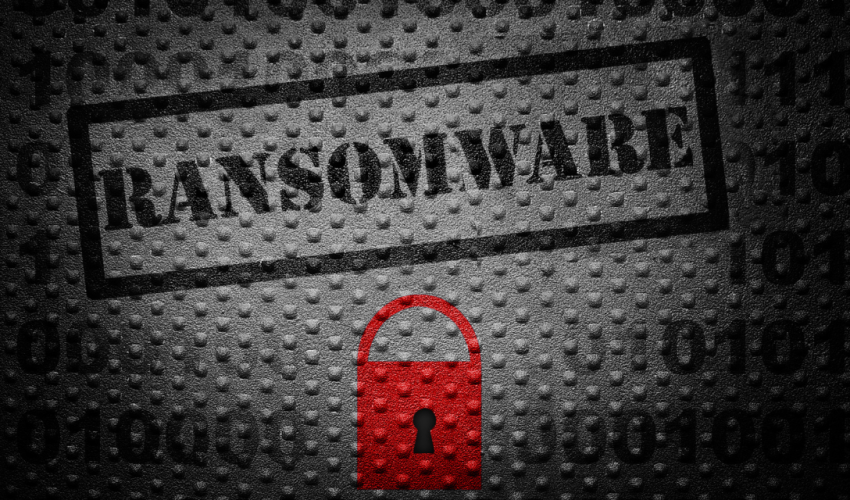I’ve been closely following the recent ransomware attack on Columbus, Ohio. This incident serves as a stark reminder of the ever-present threat landscape we face in our increasingly digital world. What struck me most about this attack was how a single click on a malicious email link led to widespread disruption of critical city services, including 911 and 311 dispatch systems.
This event underscores a crucial point that I’ve been emphasizing for years: email security and employee training are not just IT concerns, they are fundamental to the operational resilience of any organization. In Columbus, the city was forced to sever internet connectivity to mitigate further damage – a drastic measure that highlights the severity of the situation.
The attack in Columbus is not an isolated incident. We’re seeing a troubling trend where cybercriminals are increasingly targeting municipal and government entities. These organizations often have legacy systems, limited IT resources, and a vast number of endpoints, making them attractive targets for ransomware attacks.
What’s particularly concerning is the potential ripple effect of such attacks. When critical city services are disrupted, it’s not just an inconvenience – it can put lives at risk. Imagine the consequences if emergency services are unavailable during a crisis. This underscores the need for robust cybersecurity measures not just as a business imperative, but as a matter of public safety.
So, what can organizations learn from this incident? First and foremost, it reinforces the need for a multi-layered approach to cybersecurity. This includes implementing advanced email security solutions that can detect and block sophisticated phishing attempts and malware before they reach employees’ inboxes.
But technology alone isn’t enough. The human element remains a critical factor. Comprehensive and ongoing security awareness training is essential. Employees need to be equipped with the knowledge and skills to identify and report suspicious emails, even as attack techniques become more sophisticated.
Moreover, organizations need to have robust incident response plans in place. The ability to quickly detect, contain, and mitigate an attack can mean the difference between a minor security incident and a catastrophic breach.
As we move forward, I believe we’ll see an increased focus on cybersecurity resilience. This means not just preventing attacks, but ensuring that organizations can maintain critical functions even in the face of a successful breach. This could involve strategies like network segmentation, regular backups, and redundant systems for critical services.
The Columbus incident also highlights the need for greater collaboration between the public and private sectors in cybersecurity. Sharing threat intelligence and best practices can help all organizations better prepare for and respond to cyber threats.
As IT professionals, we have a responsibility to learn from these incidents and continuously improve our security posture. I encourage all of you to take a critical look at your own organizations. Are your email security measures up to date? Is your employee training program comprehensive and engaging? Do you have a tested incident response plan?
Let’s use this incident as a catalyst for positive change. I’d love to hear your thoughts on this issue. What steps is your organization taking to prevent similar incidents? What challenges are you facing in implementing robust cybersecurity measures? Share your experiences in the comments below, and let’s start a dialogue on how we can collectively improve our cyber resilience.
